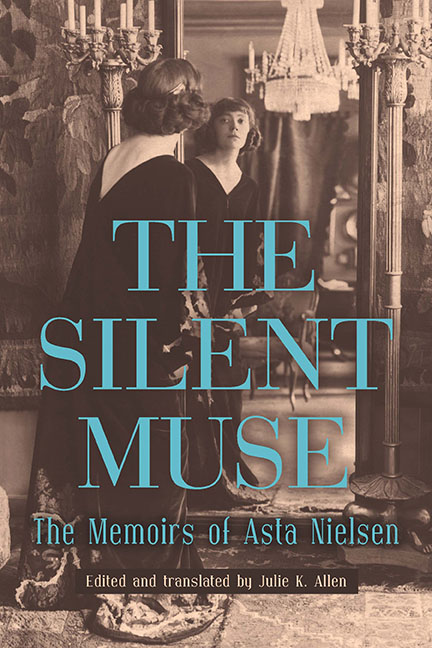Part II - Film
Published online by Cambridge University Press: 16 July 2022
Summary
At a time when almost no one took film seriously as an art form, it was my firm intention to devote all my energies to the artistic possibilities that I had sensed, during the making of my first film, lay dormant in the medium. I knew that the way would be long and difficult, leading through many detours and countless compromises, but I doubt that I would have had the courage to embark on this task if I had truly understood the terrifying world of former confectionaries, itinerant showmen, and agents who had taken control of the industry at that time.
The success of The Abyss resulted in an offer to make two films with Deutsche Bioscop in Berlin. With cheerful blindness, I threw myself, with all my pent-up desire to perform, into an industry that had the single thought, the exclusive goal of selling any and all products for the greatest economic gain. The masses had to be won over for this to succeed, which was accomplished most quickly and easily by joining forces with the cheapest types of entertainment.
In America, recent immigrants from Eastern Europe became the pioneers. They abandoned their laboriously constructed businesses in that foreign land in order to catch the flood of small coins that flowed unceasingly into the cashboxes of the cinemas from the masses thirsting for entertainment. The most primitive feelings and urges, which, as is well known, are just as present in a Chinese coolie as in the sons of high society around the world, became the basic motifs of film. The fantasies of the masses had to be satisfied at all costs. If reality denied them, the silver screen supplied them for a few cents. The leap from being a poor young secretary to becoming the celebrated and envied wife of the big boss was presented as so easy and straightforward that only complete idiots would fail to undertake it. The chance of a beggar becoming a millionaire appeared to lie so obviously and obtrusively in every man's path that it could only be avoided by a miracle. Hope was offered to everyone who played in the lottery of fate, with a winner every time, and the lottery tickets, those small, optimistically colored stubs, were cheap and accessible to everyone.
- Type
- Chapter
- Information
- The Silent MuseThe Memoirs of Asta Nielsen, pp. 129 - 314Publisher: Boydell & BrewerPrint publication year: 2022

